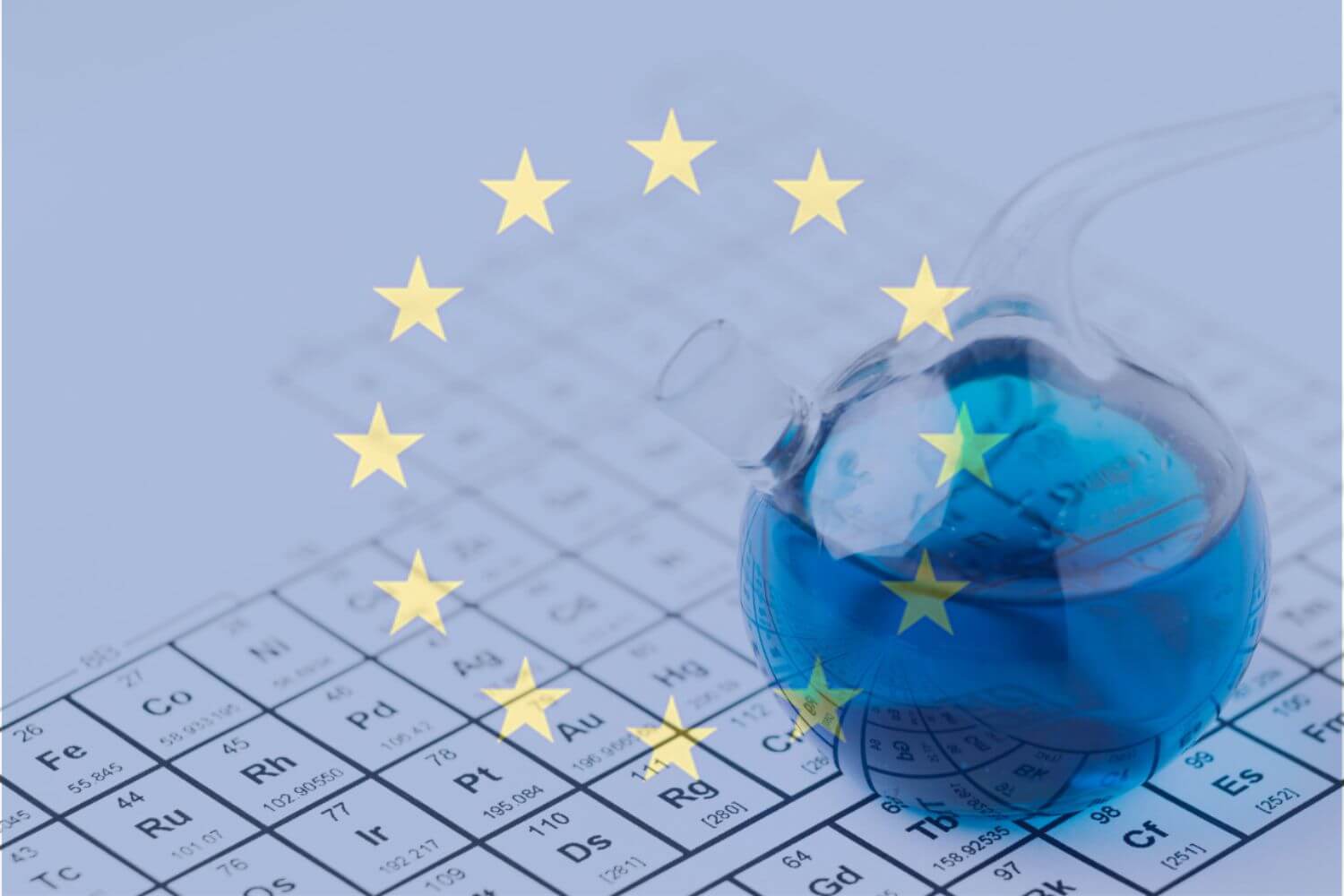PFAS
PFAS compounds are synthetic per- and polyfluoroalkyl compounds that have been in use since the 1940s due to their favorable properties: they are hydrophobic and lipophobic compounds, and therefore provide non-stick surfaces for baking tins, baking papers, microwave popcorn bags, and stain-resistant and water-repellent surfaces for carpets and other textiles.
They can also be found in firefighter foam. The compounds, however, do not break down in nature due to the extra strong carbon-fluorine bonds and accumulate in living organisms through bioaccumulation. Nowadays, they can be found in soils and waters EVERYWHERE in the world. Studies have also proven that they are present in all wild animals and in the blood of nearly all humans in the US and Europe. These are not exaggerated statements: these are the words used by the official sites. Their health effects have been (and are still being) investigated over the past decades and some compounds have been clearly shown to be extremely harmful: e.g. they cause kidney cancer, testicular cancer, colitis, endocrine and immune disorders, teratogenicity (children born with deformed faces in heavily intoxicated mothers), they are suspected to contribute to the development of ADHD, and to increase cholesterol levels. So far, the legislation covers (i.e. prohibits the use of) two compounds, PFOS and PFOA: the former has been included in Annex B of the Stockholm Convention, the REACH legislation since 2009, and the POPs (persistent organic pollutants) Regulation since 2010, while the latter, PFOA, has been added to the Annex of the Stockholm Convention in May 2019 and to the POPs Regulation from 4 July 2020. Furthermore, the Drinking Water Directive, which is currently being renewed, will in the future (when it comes into force) include a limitation that will cap the PFAS content of drinking water.
Today, we are seeing more and more products with a small wooden logo indicating that the product is PFC-free, or on kitchen cookware a PFOA-free label, meaning it does not contain per- or polycarbofluorine compounds. But the past almost 80 years cannot be erased from our lives: we cannot remove the pollutants we have let in from nature with a single stroke. Moreover, in China, for example, there are currently no restrictions on their use. So that is the price of our comfort…
The movie “Dark Waters” with Mark Ruffalo and Anne Hathaway elaborates on this theme. It is worth seeing.
For further details click here.






